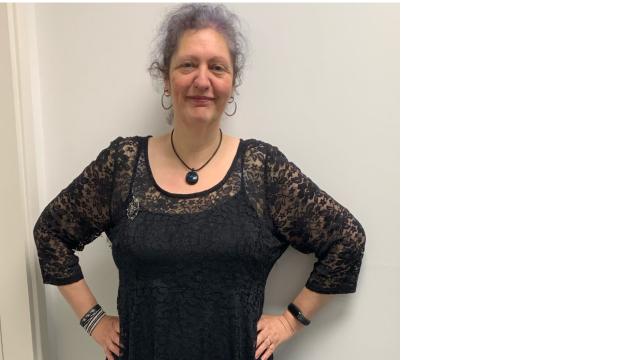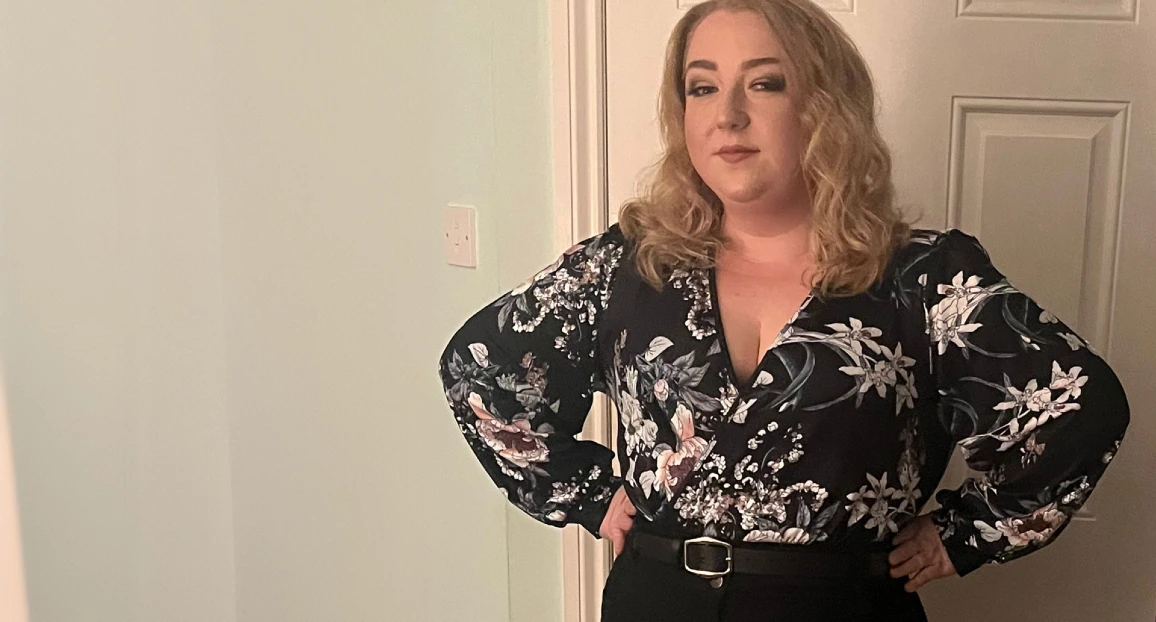
Julie Taylor
August 2019
“I was told I had put my diabetes into remission after about 10 weeks. I was so happy that I started dancing around the room.”
When Julie, 52, was diagnosed with type 2 diabetes in August 2019, she was sluggish and tired all the time. Her GP enrolled her onto an NHS weight management programme to help her lose weight. Ten weeks into the programme she was told she had put her diabetes into remission.


